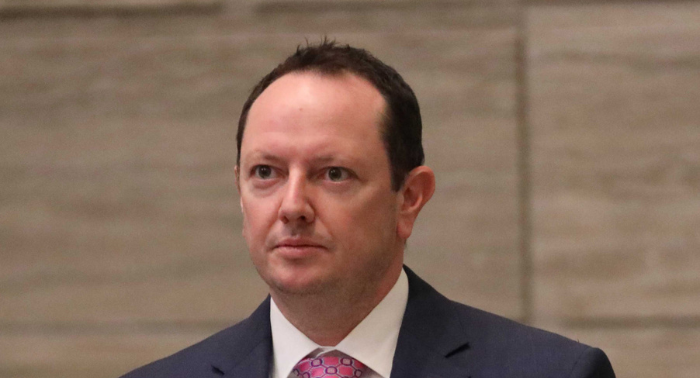The Europe-based organization, Aid Access, has implemented a new approach that enables healthcare professionals in states with telemedicine protection laws to prescribe and dispatch abortion pills to patients residing in states with stringent anti-abortion laws. This development could potentially lead to tens of thousands of facilitated abortions within the next year alone.
In the past, Aid Access only permitted European doctors to prescribe these pills and dispatch them globally to women in regions where abortion laws are restrictive. This meant that women had to wait weeks to receive the pills. However, with the latest move, women can obtain the pills in a matter of days, according to The Washington Post.
Telemedicine protection laws in the Democratic-led states of New York, Massachusetts, Washington, Vermont, and Colorado safeguard abortion providers who dispatch pills to states with restrictive laws, establishing a legal channel for prescribed abortion pills.
In the previous month, seven US-based providers affiliated with Aid Access have distributed 3,500 doses of the abortion pills. Projections indicate that they could facilitate around 42,000 abortions within the year in states with tight restrictions, a number that could rise further if more medical practitioners join as prescribers.
A doctor based in Hudson Valley, one of the affiliated providers of the company, stated her actions are entirely legal. Although Texas might claim she is violating their laws, she doesn’t reside there, she told The Post, preferring to remain anonymous due to safety concerns.
Several conservative groups are advocating for a national ban on abortion pills and medical abortions. Despite this, the importation of abortion pills is playing a significant role in facilitating abortions, following the Supreme Court’s decision to overturn Roe v. Wade.
Some legal professionals suggest that pill providers might face legal consequences, even if they don’t operate in states enforcing bans or pursuing charges against those providing abortions. This could also incite legal battles as states with protection laws attempt to prevent other states from prosecuting medical practitioners who dispatch the pills.
Major groups supporting abortion rights, such as Planned Parenthood and the American College of Obstetricians and Gynecologists (ACOG), have shown apprehension about the pill distribution due to potential legal risks, according to Aid Access providers.
Molly Meegan, ACOG’s general counsel and chief legal officer, stated that the group can’t provide legal advice to its individual members, while Planned Parenthood’s advocacy branch is committed to ensuring “patients can access care no matter where they live.”
Jonathan Mitchell, the previous solicitor general of Texas and architect of the state’s six-week abortion ban, told The Post that it’s premature to speculate on how the shield laws in other states will evolve, but warned providers could encounter legal difficulties.
He cautioned that an individual in Texas could conduct a sting operation and accuse them of attempted murder. If convicted of distributing abortion pills in many anti-abortion states, including Texas, one could face several years in jail.
New York enacted the most recent telemedicine protection law in mid-June, while Massachusetts implemented its shield law post the overturning of Roe in June 2022.
For a while, Aid Access has been dispatching abortion pills to the United States, priced at $150 or less. This is considerably cheaper than a surgical or medical abortion at a clinic.
Following the ruling, demand for the company’s pill has surged, with requests increasing nearly 60%, according to Abigail Aiken, principal investigator of the Self-Managed Abortion Needs Assessment Project at the University of Texas at Austin.




